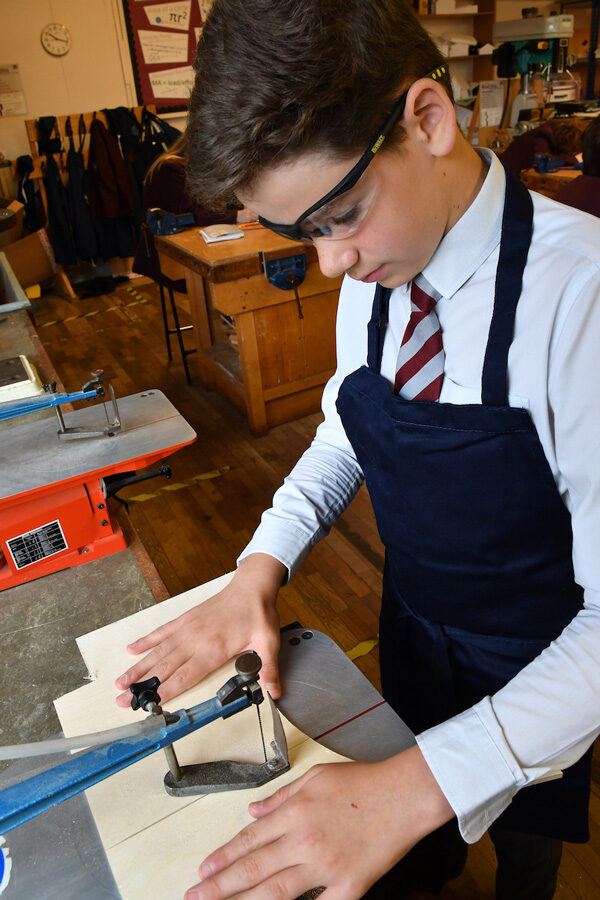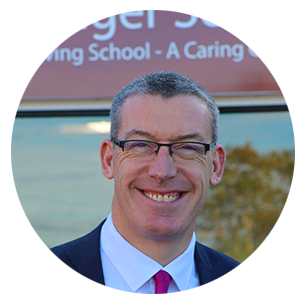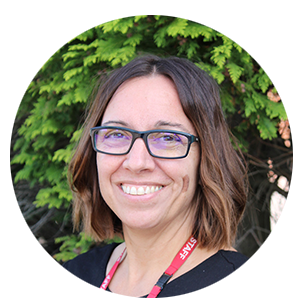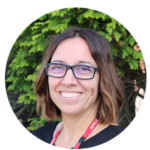- Home
- About us
- Curriculum
- Personal Development
- Parents
- Policies
- Jobs
- Contact
- Office 365
- DONATE
Our mission statement “An Achieving School, A Caring Community” is reflected in the curriculum which enables students to pursue and develop their talents, academic interests and skills.
Our curriculum is designed to support social mobility and academic growth, by providing opportunities to learn both subject content and broader skills, in order to thrive and have the best possible life chances.
Our curriculum is broad and unique. It goes beyond the National Curriculum content and subjects. Decisions about the curriculum are relevant to our local setting and allow all to thrive, with opportunities for all pupils to be successful and achieve with no child left behind. Throughout Key stage 3 all learners will access the full range of a National Curriculum subjects, plus additional subjects, such as drama. Through our unique arrangements we promote the study of the History of the Arts across the key stage, whilst offering choices to study some subjects in further depth or to start new subjects, in addition to those in the National curriculum. We are incredibly proud of the opportunities our curriculum has to offer.

We have designed a curriculum with a shared understanding of schema to help students to know more and remember more; embedding and highlighting links within and between curriculum areas. Prior and future learning is explicit, so that knowledge is built upon, from one lesson to another and between key stages.
This careful design will raise attainment and ensure that all pupils, irrespective of their background or the challenges they face, make good progress. Our pupil premium strategy supports disadvantaged pupils to achieve that goal, including progress for those who are already high attainers. A knowledge-rich, broad curriculum is at the heart of our approach as it has been shown to have the greatest impact on raising the attainment of all students, including disadvantaged and children with SEND. It is essential that we provide pupils with the knowledge and cultural capital they need to succeed in life, alongside raising aspirations, to tackle intergenerational unemployment and poverty. For this reason, vocabulary is taught explicitly, and learners acquire disciplinary literacy as they learn new, more complex concepts in each subject.

Our subject content is interwoven with skills and values, enabling learners to develop into resilient, self-regulating and tolerant adults, who understand and can play a valuable part in society. Our SPIRIT (PSHE) curriculum will support the pastoral work of the school and together these curricula and extra curricula opportunities will show learners the importance of laws and boundaries, demonstrating integrity, and teach our young people to value emotional and physical health, leading safe and active lives where their participation is valued.
A snapshot of school life.
Subject related information.
More about SPIRIT values.
Our lessons are timetabled within a 50-period fortnight, with slots for SPIRIT learning each week and assemblies at least twice per fortnight. Students are actively engaged in their learning, and we see this evidenced in classrooms and during extra-curricular activities. The options process enables students to select from a broad range of qualifications for their KS4 and KS5 studies. We pride ourselves on offering subjects from the arts, humanities and sciences, alongside a core curriculum of English, Maths, Science, RE, Humanities, MFL, SPIRIT and PE.
All subject leaders continuously monitor the programmes of study and their delivery to ensure that these high standards of engagement are maintained.
Outstanding teaching is the most important factor in schools’ effectiveness. High quality teaching enables our students to know more and remember more about the intended curriculum, embedding knowledge in their long-term memory.
Invitational Theory (Purkey, Novak and Shaw) is at the heart of our approach at Alsager. Staff work hard to create a supportive and inclusive environment where mutual respect and kindness permeate. Invitational Theory is constructed on four principles: respect for people, trust, optimism and intentionality, and upon five pillars: people, places, policies, programmes and processes.
Teachers and leaders recognise that it takes time to fully embed knowledge. We make sure that pupils have the opportunity to revisit and develop their knowledge within a context before moving onto the next aspect of the curriculum sequence. We know that students do not learn everything they are taught immediately and so our teachers ensure regular and rigorous processes for checking for understanding are embedded in their practice. Lessons include silent retrieval activities that are thoughtfully planned and used methodically to help teachers and students identify what they can remember from the taught curriculum and identify the missing building blocks in their learning. Formative and summative assessments allow our teachers to be responsive and adapt lessons or future learning in order to address the areas identified for development. Our teachers provide precise and purposeful feedback that focuses on what students are doing well and how to develop further. Being clear, concise and positive helps students to improve quickly without the fear of failure. Expert subject specialist teachers use their knowledge and experience to thoroughly plan, sequence and refine learning activities to support all students to know more and remember more. All learners are helped to develop the confidence and resilience they need to thrive and achieve. A focus on staff well-being and sharing of best practice ensures that the time taken to mark and give feedback correlates with successful student outcomes.
We invest time in researching and embedding the latest evidence and research and share this with staff through high quality CPD. Just like our students, our staff are empowered to thrive and are supported to be the best they can be. Teachers at Alsager school use agreed principles to deliver lesson content and help to shape lessons. These principles of teaching help to create a consistent approach allowing teachers to focus on the most important aspects of delivering the curriculum and creating a culture of excellence in their lessons.
Unless a child can read, they cannot learn to the full. Reading is prioritised across our school. All teachers promote a love of reading; the choice of books helps pupils to develop a broad range of vocabulary. All teachers have a responsibility to ensure that literacy is developed and supported across the curriculum and understand the importance of disciplinary literacy so that all students are able to read, write and communicate effectively in their subjects. Training is provided to ensure that specific approaches to literacy are prioritised. Teachers in every subject provide explicit vocabulary instruction to help students access and use academic language. A range of reading strategies are employed to improve students’ comprehension. By actively engaging with what they are reading, students can comprehend complex texts. Targeted support is provided for students who struggle with writing fluently; teachers us e a variety of approaches to motivate students to write. Reading and writing activities are combined to improve students’ skills in both. Reading helps students to gain knowledge and writing can deepen this understanding. Opportunities are provided for high quality talk. Teachers support students by modelling high quality talk. All students take part in organised debating to deepen communication skills and awareness and understanding of different perspectives on important issues.
A coordinated, specialist programme of support and intervention is in place for students with the weakest levels of literacy.




Alsager School is one of the highest performing schools in Cheshire East. Take a look at our prospectus to find out more.
Alsager School, Hassall Road, ST7 2HR
© 2023 All Rights Reserved